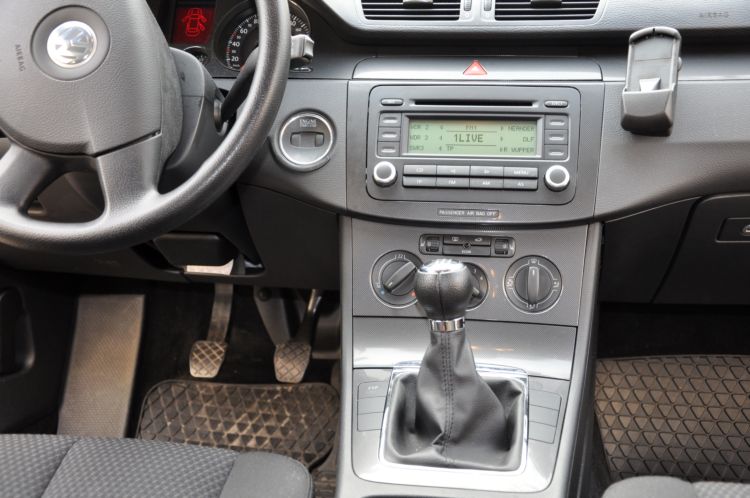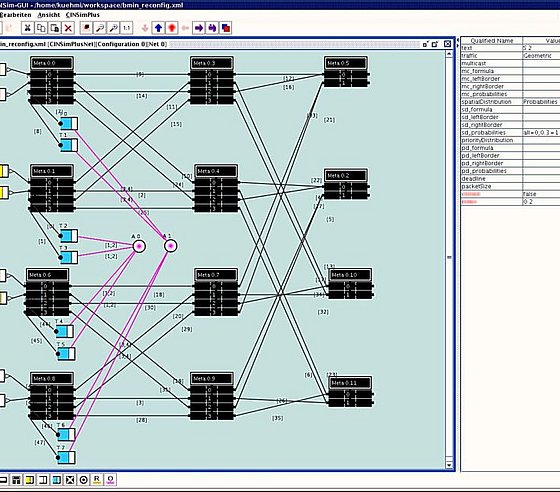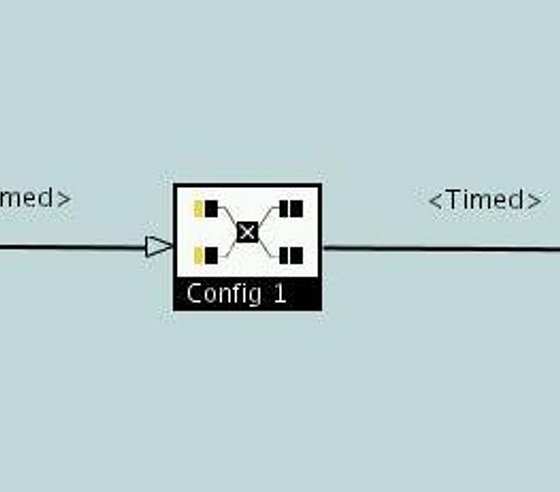Future suitability through adaptive hardware reconfiguration
Electronic components such as FPGAs (Field Programmable Gate Arrays)
offer the possibility of modifying the available logic functions
during operation. In addition to the software, now also
the hardware can be adapted to changing requirements. This is
valid both for requirements that change at short notice (for example
permanent change between tasks to be processed), as well as for
long-term changes in requirements (e.g. completely new requirements that were not yet known/wanted at the time the hardware was designed). Research on this topic
is done at the Chair of Automation / Computer Science.
Fields of application in the automotive sector are:

- subsequent implementation of additional functionalities which have been newly developed or which the car buyer wishes to have added at a later date
- Troubleshooting: no new hardware necessary, only bitstream update, e.g. via Internet (no workshop visit required!)
- Hardware reduction: hardware can load different functionalities one after the other

Simulator developed at the chair ...

...models time-afflicted reconfiguration
The development of reconfigurable hardware is usually very complex, since compared to the development of conventional hardware, a new dimension, time, has to be taken into account. Adapted design methods must be used, which in particular enable time-consuming modelling. New challenges arise in both simulative and analytical modelling.
